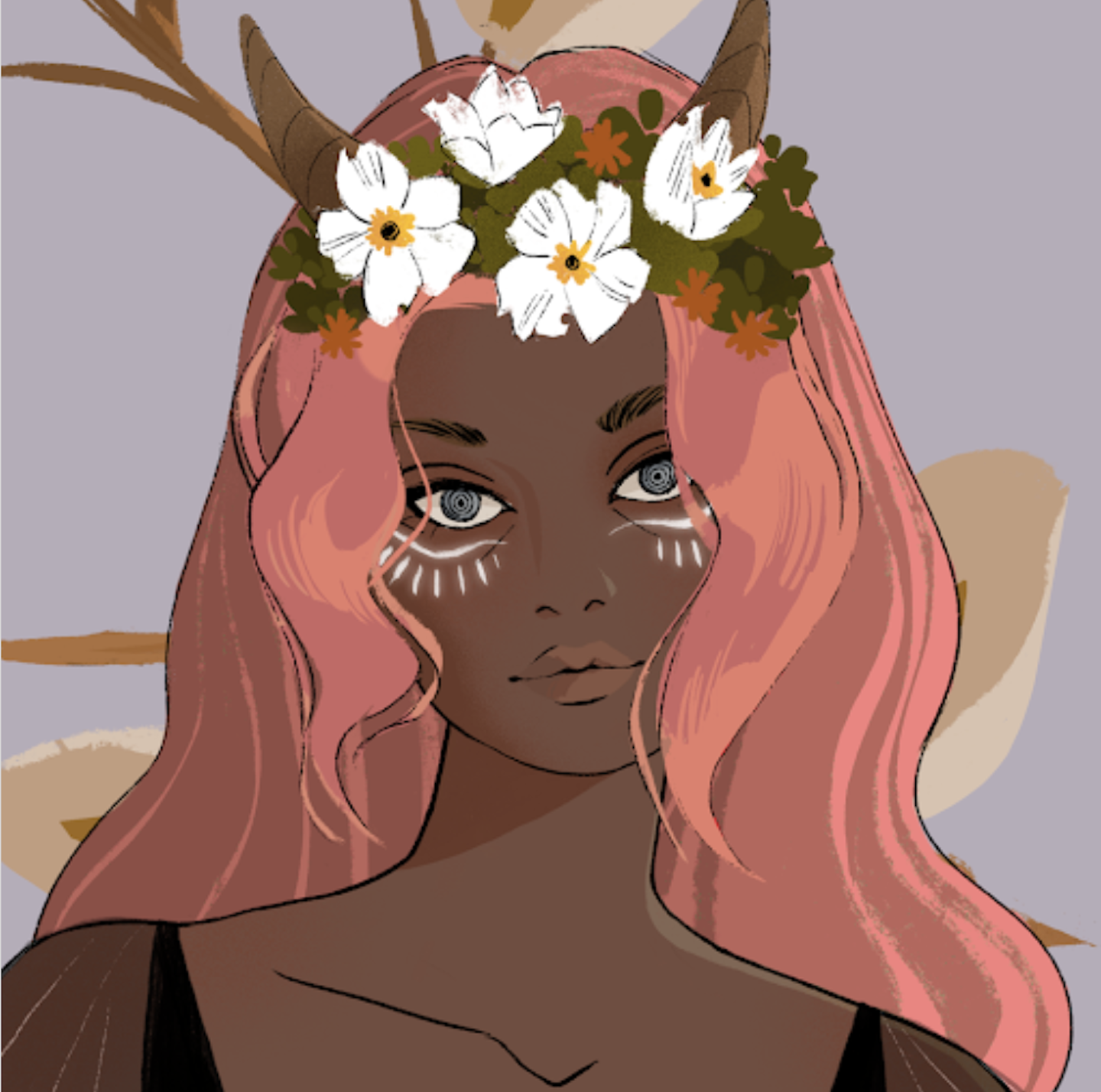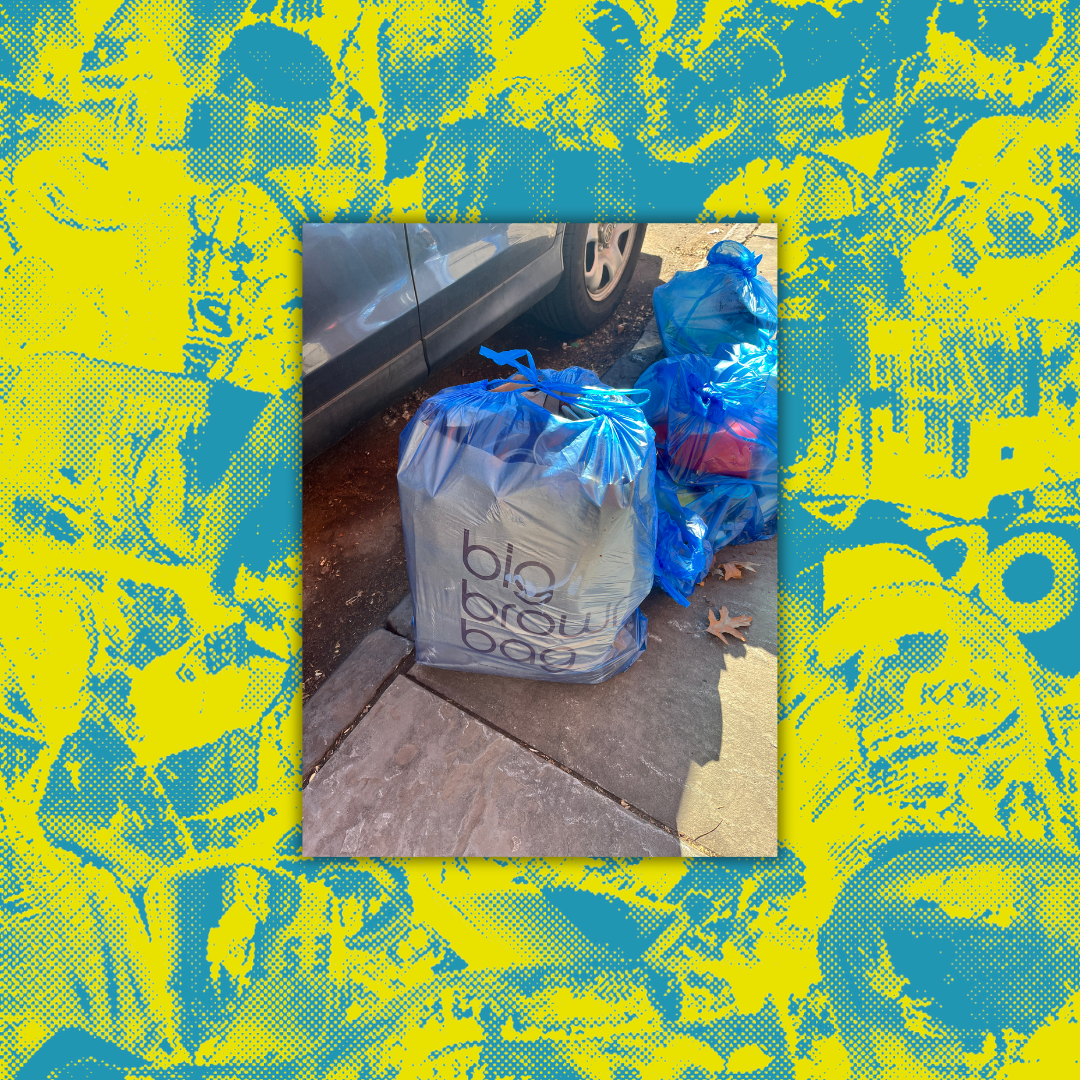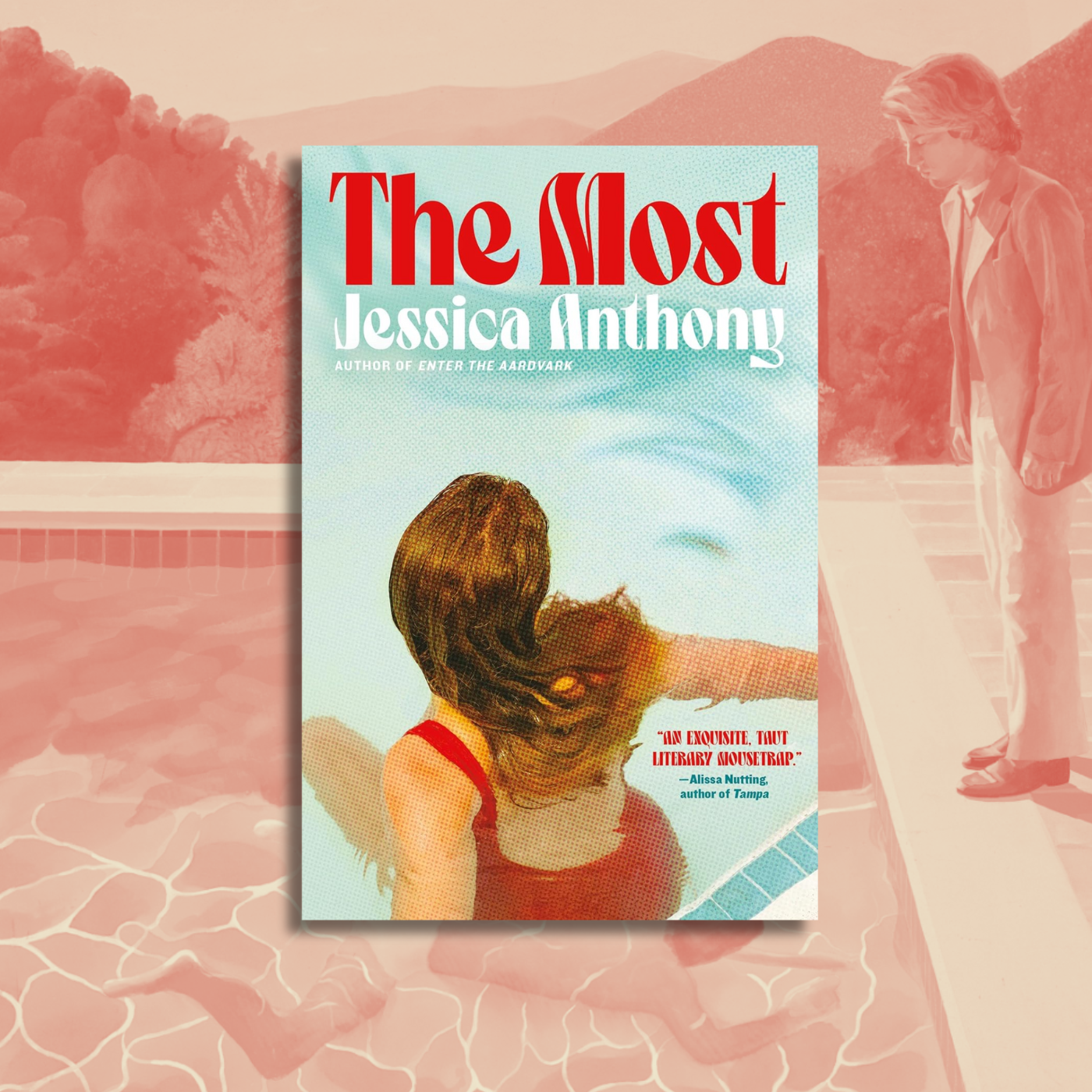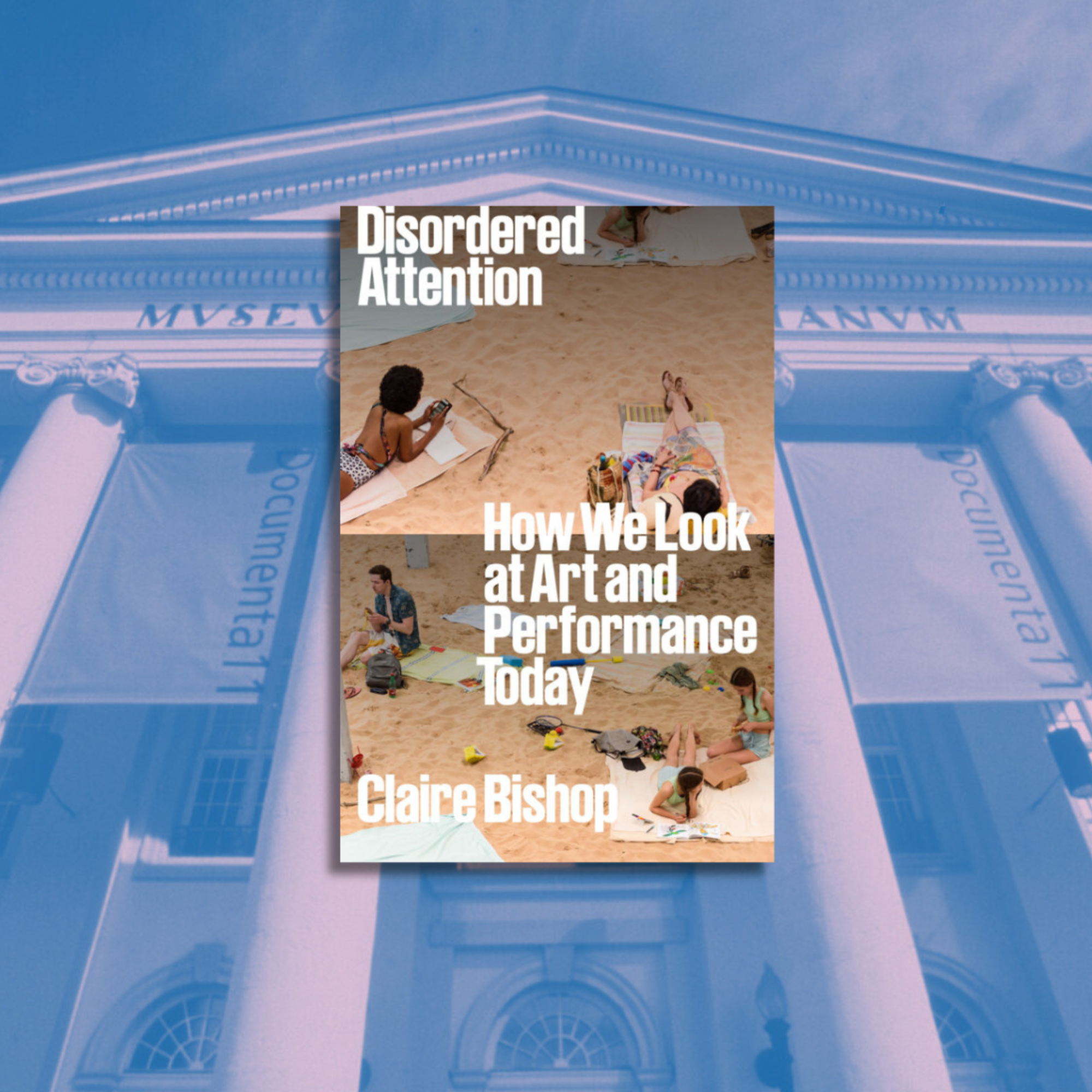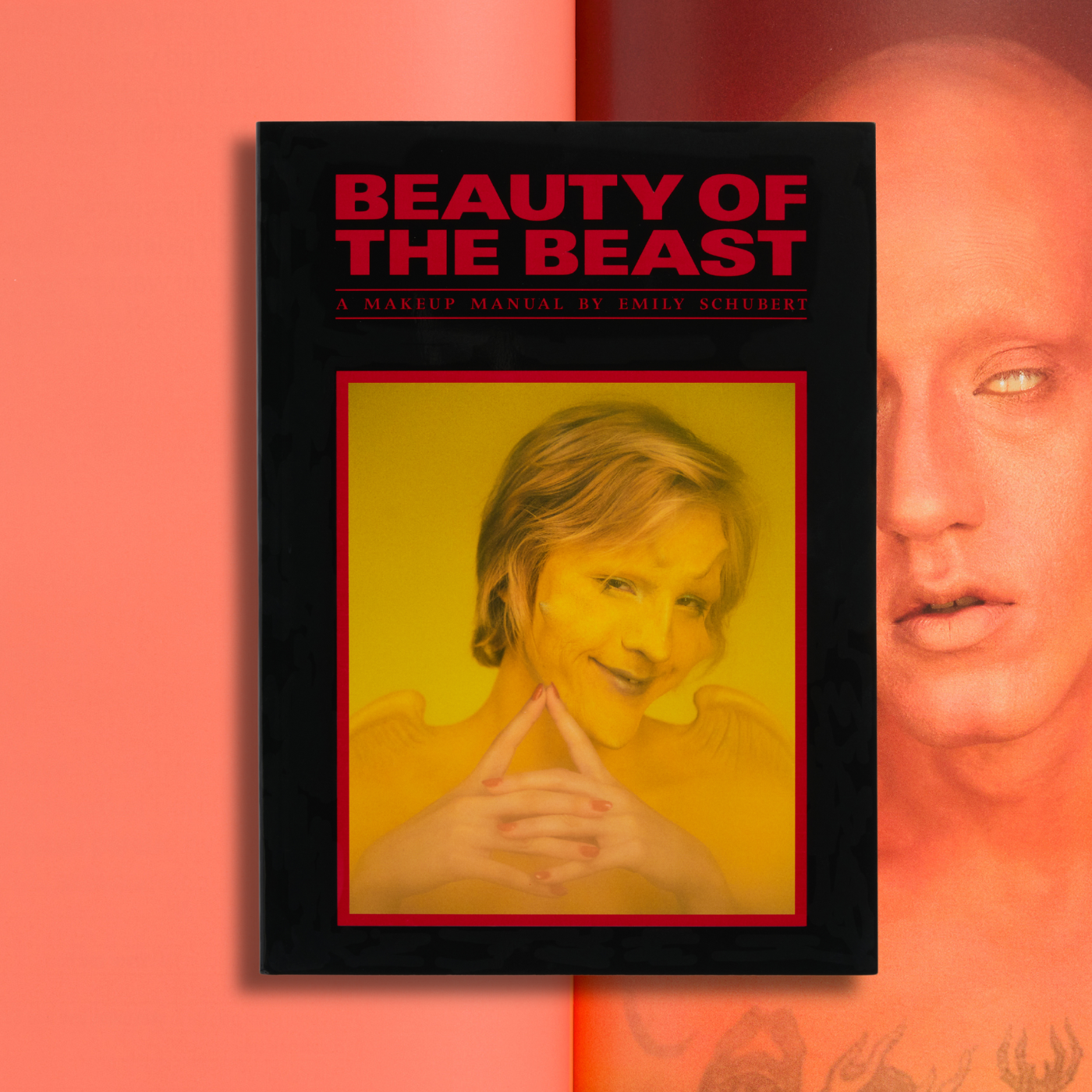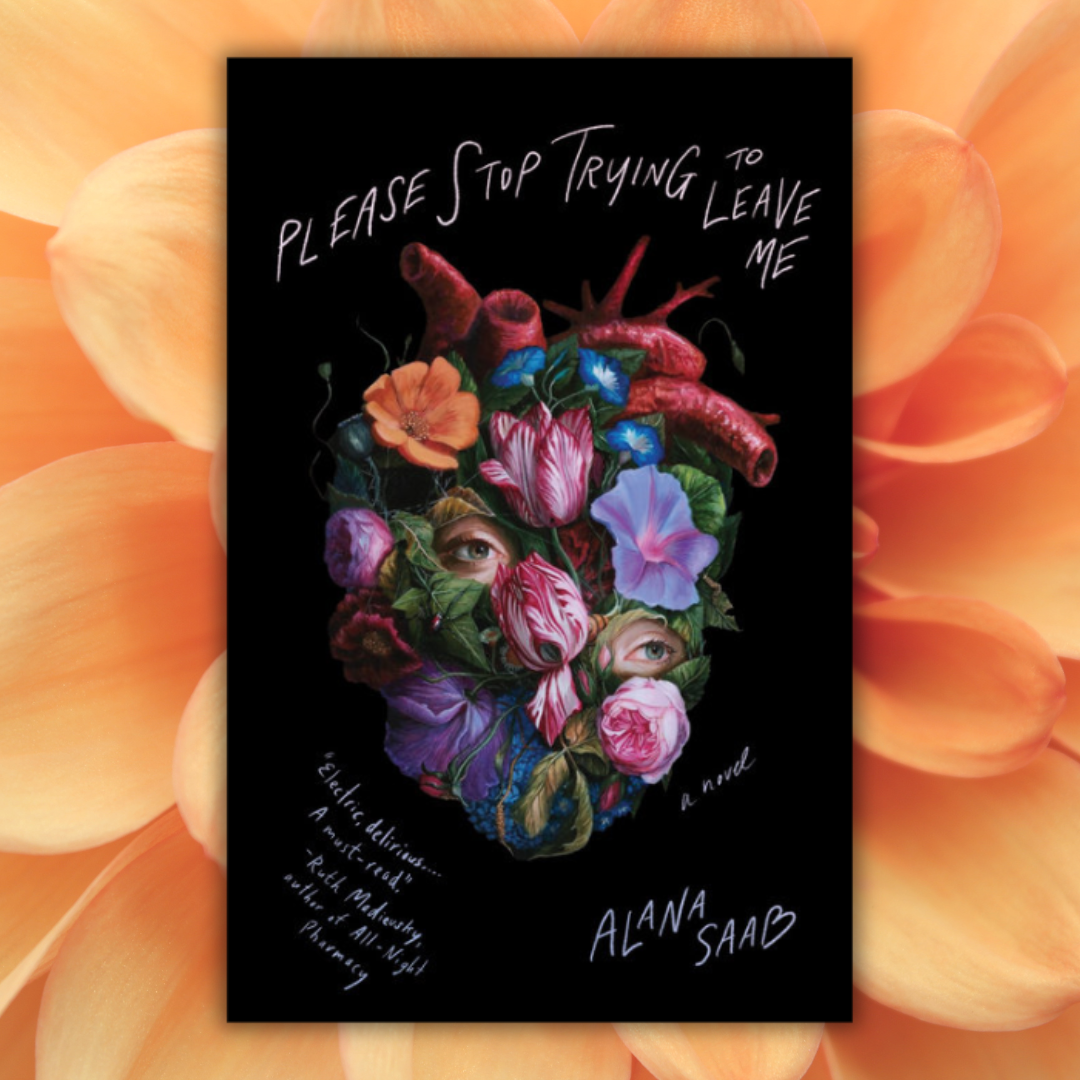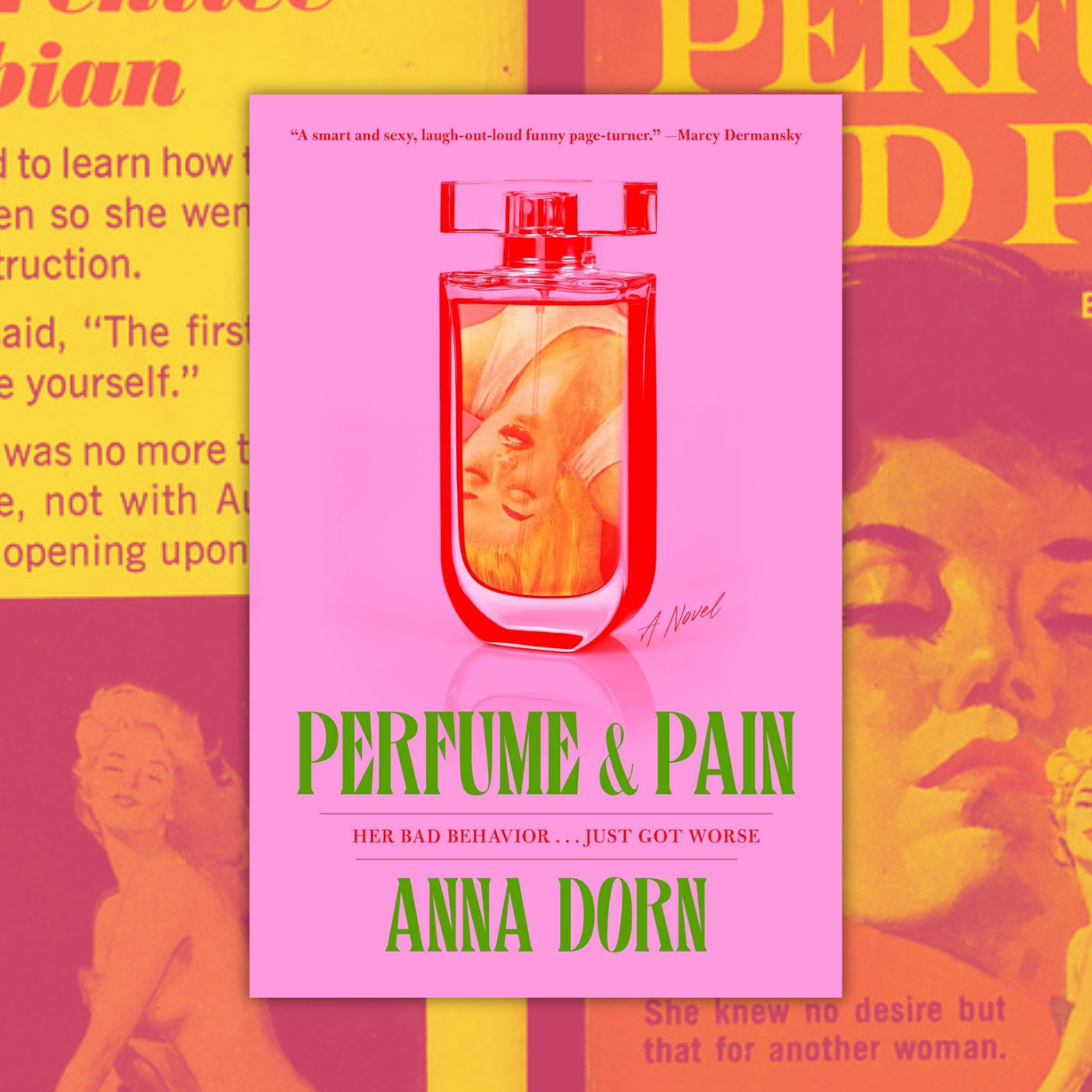- Studio Dirt
- Posts
- Bad Witches
Bad Witches
“They're young. They're dumb. They're bitchy.”

Leah Abrams interviews writer (and her best friend) Heather Akumiah about her debut novel.
Remember sneaking peeks at your book under the desk in the middle of pre-algebra class? Remember reading until your eyes hurt with a flashlight beneath the covers, three hours past your bedtime, hoping your parents wouldn’t catch you awake? Remember falling asleep to imaginary conversations with the characters, preferring their company to that of your real-life friends?
Bad Witches, the brilliant debut novel out this August from Blackstone Publishing, brought me back to those days in all their fantastical glory, when the world seemed to glitter before me with the promise of magic or something like it. The book follows three young Black women in New York—Gabbie, Maya, and Delali—whose lives change forever when they discover they’re witches on their shared 22nd birthday. I gobbled it up over the course of two entranced sittings. And it just so happens to have been written by one of my best friends: my Limousine podcast and reading series cohost, Heather Akumiah.
We sat down over pizza and drinks last week to discuss magic, representation, and the difference between writing literary and genre fiction.

Leah Abrams: I can’t believe I don’t know this already, but can you give me the origin story of Bad Witches and how it came to be?
H.B. Akumiah: So, basically, I wrote the first draft of this in 2017, which is the year after I graduated college. And at the time, there was this moment where witches were coming back into the public consciousness.
LA: Like, we are the daughters of the witches you couldn't burn vibes?
HBA: Yes, but also do you remember the witches doing a hex against Donald Trump? It was a very… Witches as a pseudo feminist symbol, and I was like, “oh, this has nothing to do with me.” But then I took a Caribbean history class that had a huge section that was just about witchcraft and the occult. And I was like “Oh, duh, of course there are Black witches.” And that just changed the way I saw this resurgence of witches in popular culture. I wasn’t really interested in exploring existing magical traditions, but I was interested in including Black girls in this thing that was so cute, fun, lightly feminist, but also, a little bit rebellious.
I was interested in including Black girls in this thing that was so cute, fun, lightly feminist, but also, a little bit rebellious.
Initially I wrote a script. I wanted it to be a web series… but then I realized I didn’t have the resources to do that at all. Like I was never going to be able to make the actual witchcraft look good. Even if I could scrape all the talent together, I don't have the resources to do special effects.
So I started writing it as prose—as a novel—and putting it online. I wrote it really quickly, because it wasn't about rereading it, or even about writing a book. It was about the idea, the vibe, trying to explore this big concept that couldn’t be a visual yet. It felt very internet-y and of the moment—that moment where people were talking a lot about representation, there was that hashtag #ownvoices, Black Girl Magic and all that—it felt like something that could become really popular if it caught fire the way I think it could.
LA: So now it's been seven years since the very first spark of the concept, does it feel like the end of a chapter? Or like you still have momentum in this universe?
HBA: Because I've had stops and starts over the years and lots of calm periods, it doesn't feel like the end of an era… it just feels like I'm gonna have another quiet period with this project that I've been working on for a long time.
I think something that I worried about initially was that some of the ideas would become dated. Like at the time, it felt really important to me to put Black girls in something that's fun, that's cute, that has no meaning whatsoever…Where nothing symbolizes anything, nobody overcomes anything, there's no struggle. They're annoying. They're young. They're dumb. They're bitchy. They’re not always good people.
They're annoying. They're young. They're dumb. They're bitchy. They’re not always good people.
And I remember worrying the moment where people were focusing on that would be over. But, no. Even though those things have been said, people continue to represent Black people in ways that are crazy. Like, when Kamala Harris got the nomination, there were people on Twitter saying: “Black women are gonna save us in this election.” I was like, not this again. There’s this weird idea that Black people represent something or have some special gravity or meaning or something. So reframing still feels really necessary.
LA: Well, and no matter how many times it’s said, it needs to be reinforced. We’ve talked about this a little bit, but you're definitely working in the legacy of Buffy, Teen Wolf, The Vampire Diaries—these fantasy realms that also interact with young people's lives in the modern era. I’m curious what your biggest influences were, and why you chose to set the book in this world?
HBA: The idea was to make the girls witches, and not necessarily to write a fantasy book. But then, once you give them powers, you have to build tension and logic around the powers, then you have to start building out a backstory, and then all of a sudden, I'm writing a fantasy book.
So in my head I was like, I am building all of these concepts from scratch. And then just this past year I watched Charmed and I realized it was so similar.
A big influence for me was Gossip Girl. I wanted to write something fun and frivolous and light. Those are the books I read when I was a preteen. And I remember thinking: nobody in this is Black, but I'm having so much fun. It would be ten times more fun if some of them were Black. So I wanted to take that tone, that vibe, and it just made it so much fun to write.

PRACTICAL MAGIC
|

FROM THE LIBRARY
|
|
|
|
|
